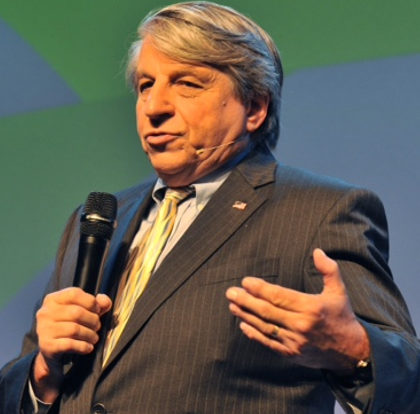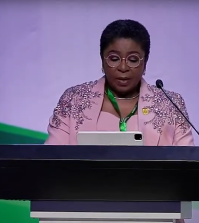Mayors go global with new world cities network

Seven mayors from around the world have formed a steering committee to promote the voices of cities in global affairs after the launch a new ‘Global Parliament of Mayors’ (GPM).
The GPM held its inaugural conference in the Hague from 9 to 11 September. It was attended by at least 50 city mayors, as well as other city representatives, networks and NGOs.
Chaired by Jozias van Aartsen, mayor of the Hague, in the Netherlands, the GPM’s steering committee includes mayors from Mannheim in Germany; Amman in Jordan; Cape Town in South Africa; North Delhi in India; Pilar in Argentina; and Oklahoma City in the US. They have already managed to secure a GPM seat at the table for Habitat III, the UN conference to be held in Quito, Ecuador, in October.
The Global Parliament of Mayors was the brainchild of Dr Benjamin Barber, who argues in his book, If mayors ruled the world, that cities are better forces for good governance than states.
He does not, however, want to displace national governments, he explained to Global Government Forum. Cities can be powerful allies to nation states, he argued – pointing to partnership working in the States between cities and president Obama. “As it became more and more difficult to get movement through Congress, he’s been working directly through cities,” said Barber.
“In many cases I think governments are going to welcome this alliance,” he added.
But the new parliament will also stand up for the rights of cities in cases where nation states try to limit their freedom of maneouvre, said Barber. “A lot of people were talking [at the conference] about the right of cities to take action in areas like sustainability or refugees.”
The GPM will advise organisations like the OECD, the World Bank and the United Nations – which sometimes finds it hard to work with feuding states, such as Israel and Palestine, said Barber.
The GPM will also act as a platform to share best practice and improve coordination between cities, so mayors can work together on global challenges that require a local response, such as climate change, migration and inequality.

Asked about whether the GPM would be seeking more power to be handed from central to local governments, Barber insisted that cities already had power – in terms of tax revenue, universities and cultural institutions, for example.
But he argued that they should be able to retain more of the tax that they generate. “They want the right to hang on to, or get back, more of the resources they generate as they take on more work,” he said.
To help mayors connect, the GPM is developing a virtual parliament: 100-200 participants, each filmed in their office, will be able to see and hear their fellow parliamentarians. They will be able to debate with one another, and even vote.
For a truly global community, this technology was essential. “We knew that the long term success of the GPM would depend on having this digital platform,” said Barber.
For up to date government news and international best practice follow us on Twitter @globegov
See also:
Leslie Evans, Permanent Secretary to the Scottish Government: Exclusive Interview
Rolf Alter, Director for Public Governance and Territorial Development, OECD: exclusive interview





















